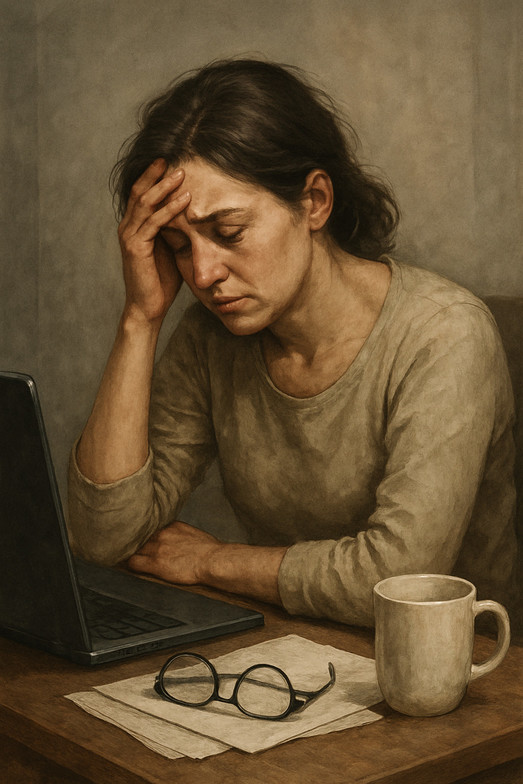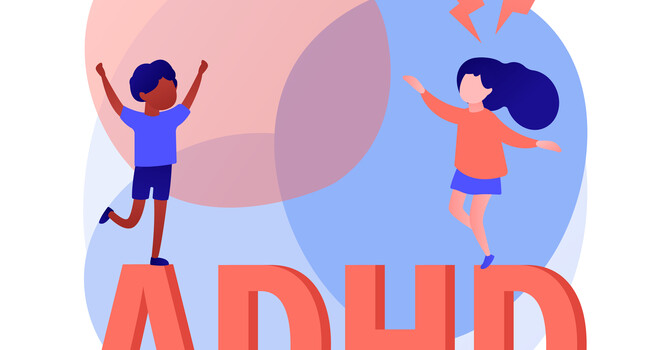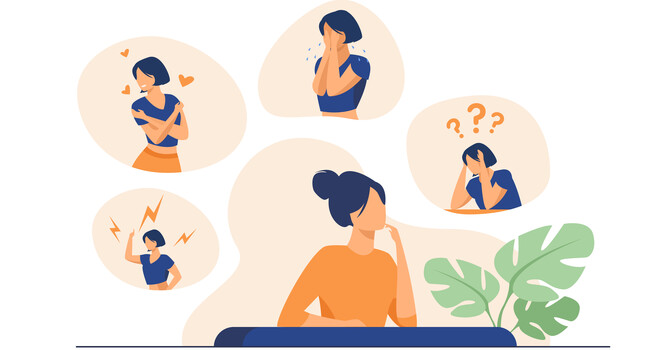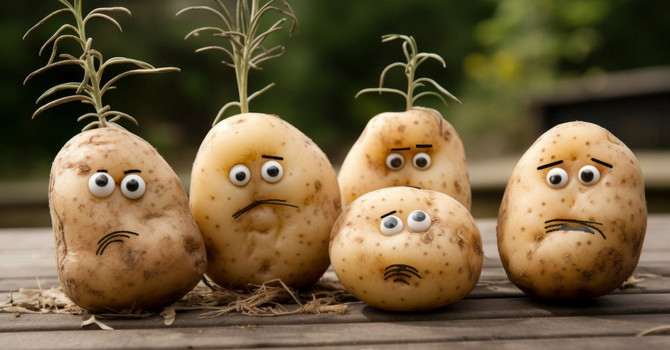
Burnout in the Age of Hustle: Reclaiming Balance and Well-being
In today's always-on culture, “hustle” has become a badge of honour. Productivity apps line our phones, inboxes never sleep, and the glorification of busyness echoes through social media. For many adults juggling careers, families, side gigs, and social obligations, this relentless pace feels normal—even necessary. But beneath the surface, an invisible toll is being taken: burnout.
Burnout isn't just about being tired. It's a chronic state of emotional, physical, and mental exhaustion caused by prolonged and excessive stress. It can creep in slowly, disguised as dedication, until one day, even the smallest task feels overwhelming. In the hustle culture that rewards output over well-being, burnout isn't a glitch in the system—it’s often the system itself.
What Does Burnout Look Like?
Burnout manifests differently for everyone, but common signs include:
-
Emotional exhaustion: You feel drained, detached, or numb. Joy becomes rare.
-
Reduced performance: Work tasks take longer, creativity fades, and motivation plummets.
-
Physical symptoms: Headaches, digestive issues, sleep problems, and chronic fatigue.
-
Increased cynicism: You start resenting your job, relationships, or even yourself.
-
Disconnection: Relationships suffer. You isolate or become irritable and impatient.
These symptoms don’t just affect your productivity—they bleed into every area of life. And yet, the culture of hustle tells us to "push through," to "rise and grind," even when our bodies and minds are begging us to slow down.
How Did We Get Here?
Burnout thrives in cultures that praise overwork and undervalue rest. Technology, while a tool for connection and efficiency, blurs the boundaries between work and personal life. We check emails on vacation, work on weekends, and measure our worth by our productivity.
Social media adds another layer of pressure. The curated highlight reels of others’ lives can make us feel like we’re not doing enough, being enough, or achieving fast enough. In trying to keep up, we sacrifice rest, joy, and sometimes even our health.
But burnout isn’t a personal failure. It's often a response to unsustainable expectations, unrelenting demands, and a system that values output over humanity.
Reclaiming Balance: It Starts Within
The first step to reclaiming your well-being is recognizing that your worth is not tied to how much you produce. Here are some ways to begin the healing process:
1. Reassess Your Values
What truly matters to you? Is it connection, creativity, health, family? Take a moment to reflect. Often, burnout stems from living out of alignment with what we truly value.
2. Set Boundaries (and Keep Them)
Boundaries are not barriers; they are bridges to sustainable living. Limit after-hours work, say no without guilt, and protect time for rest and joy. Boundaries are a radical act of self-respect.
3. Schedule Rest as a Priority
Rest isn’t something you earn—it’s something you need. This includes sleep, yes, but also downtime, play, and time spent doing nothing productive at all.
4. Get Comfortable with “Good Enough”
Perfectionism is often burnout’s best friend. Practice letting go of unrealistic standards and embracing “good enough.” Your 80% effort is still valuable.
5. Seek Connection and Support
Burnout thrives in isolation. Talk to friends, family, or a therapist. Sometimes, simply being heard and validated can begin the healing.
6. Engage in Joyful Movement
This isn't about forcing yourself into a punishing workout routine. It's about reconnecting with your body in a way that feels freeing—dancing in your kitchen, stretching before bed, walking outside.
7. Unplug with Intention
Try “digital sabbaths” where you step away from screens, even if just for a few hours. Notice how your brain and body respond when the noise fades.
When Professional Help is Needed
If burnout has impacted your ability to function day-to-day, seeking support from a mental health professional can be a game-changer. Therapy can help uncover the roots of burnout, process underlying stress, and build a toolkit for future resilience.
For some, burnout is intertwined with deeper issues—like anxiety, trauma, or depression. It's okay to need more than a bubble bath and a day off. Healing is not a solo project.
Rest is Resistance
Choosing rest in a hustle-obsessed culture is a radical act. It challenges the belief that your value lies in your output. It reclaims your time, your energy, and your joy.
You are more than your productivity. You are a whole human being who deserves to rest, to breathe, and to live a life that feels sustainable and fulfilling.
Burnout is not your fault—but healing is your responsibility. The good news? You don’t have to do it alone. Whether through small daily shifts or larger life changes, reclaiming balance is possible. And it begins the moment you choose you.
.JPEG)
.JPEG)




